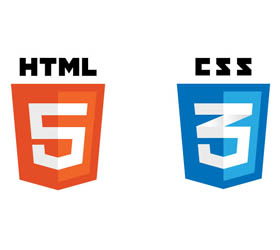Following the release of Android P, developers will only be able to publish apps targeting Android 8.0 Oreo (API 26) or above. With the release of Android Q in the following year, the new minimum target API level will become P (likely API 28), and so on. The phrasing of the policy appears to center on the major codename releases, which means mid-term updates like 8.1 (API 27) will probably not factor in.
As a reminder, target API level is different from minimum API level. As the name implies, minimum API level is used to declare the lowest version of Android an app supports. The target API level is technically defined as the version of the operating system an app was tested to work with; but in more practical terms, it’s used to define a set of behaviors an app expects from the operating system.The reason this exists is to tell future versions of Android that certain assumptions were made in the of an app so the OS can make the proper allowances. See Ian Lake’s explanation for a more in-depth explanation.
This policy is meant to push apps into using recent versions of the SDK that include higher-performance code and rely on fewer exceptions to maintain backwards compatibility – e.g. Apps targeting Android 5.0 so they don’t have to implement runtime permissions. It will also encourage developers to support many of the power-saving and security features added along the way.



